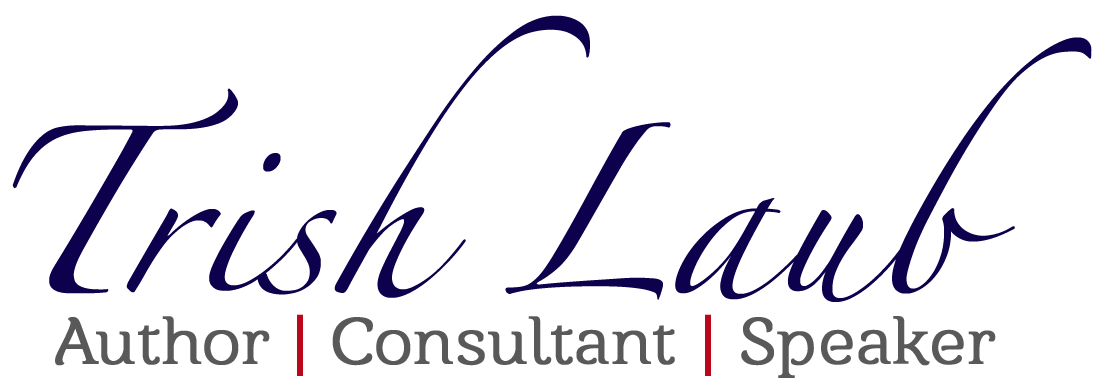Below are downloads for the webinar deck, a deck for use with clients, and articles that my be useful with your clients.
Coping Tips for a Family Caregiver’s Crisis
“Some caregiving journeys are evolutionary, starting slowly and gradually moving into full-time care. Others are revolutionary, beginning in a single moment during which life changes forever. In either case, providing the best care requires knowing how to manage the initial crises.”
The Three-Ring Caregiving Power Tool
“Possibly the greatest challenge caregivers face is the gathering and organizing of information so that it is easily accessible, current and effectively disseminated.”
"My family believed that not dying is not the same as living, as there must be meaning for there to be life. It was our objective to maintain my dad’s quality of life as opposed to its longevity."
Five Principles Residents’ Families Need to Know
When a loved one moves to a residential community, it is important to remember that the families must be oriented to their new role in their loved one’s life. While the move can be traumatic for the loved one, it can be equally traumatic for the family members. Residents’ families need to know these five things.
Words Matter: Being Patient A Caregiver Finds the True Meaning of “Self-Care” in Her Love of Dance
“One day I realized that dance was my medicine. And, when I took my medicine, I was more patient and focused, and my emotional and spiritual tank was filled with more of everything I needed to be a better caregiver and daughter to my parents. I again realized that self-care was not self-ish,it was essential to my ability to be resilient, and to recharge and thrive instead of merely survive. Self-care is really self-love.”
“I now know that perhaps the greatest detriment to a person living with Alzheimer’s, and those who love them, is the harm that comes from the language we use to talk about it.”
“I believe that his success in continuing to live a meaningful life with Alzheimer’s was largely due to my family’s willingness to shift our perspective from limitation and deficit to one of limitless possibilities. We used language that supported that possibility.”
A Shift in Perspective: Different, Not Less
“I had the great clarity that my dad was still my dad, that he might be different, but not less. He was not a disease, and Alzheimer’s was not his identity. I would work to keep his life as close to the way he would have lived without the disease.”
Words Matter: Choosing Words Wisely When It Comes to Alzheimer’s and Covid-19
While it is always important when it comes to Alzheimer's, it is even more important amid Covid-19.
“The statement that 'Alzheimer’s is a fight' implies that it is a persistent, life-altering inconvenience and elicits a feeling of defeat. The alternative, 'Alzheimer’s is a challenge,' indicates that it is an obstacle that can be overcome and result in a feeling of accomplishment. A problem may be met with fear, anxiety and dread, while a challenge can be met with hope and creativity."
Language Sensitivity Helps Stifle Stigma
"With awareness and a shift in our language to be accurate, sensitive, and love causing, we can lead by example and change the view of someone living with Alzheimer’s from one of living in the shadows of darkness and shame, to one of emerging with limitless possibilities for continuing a meaningful life."













